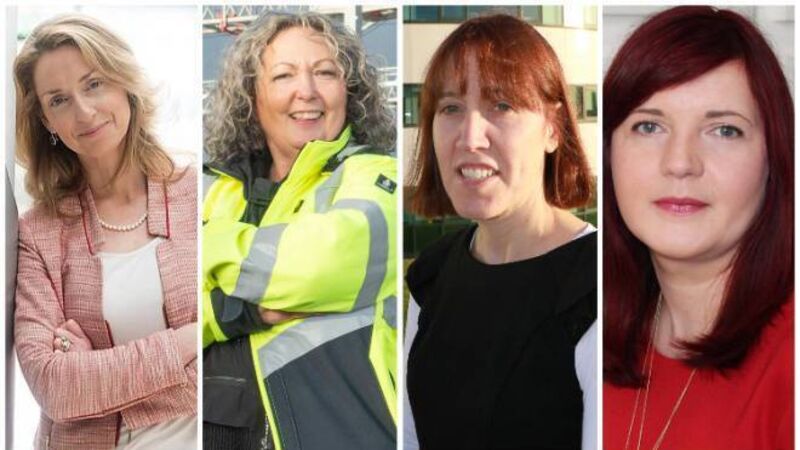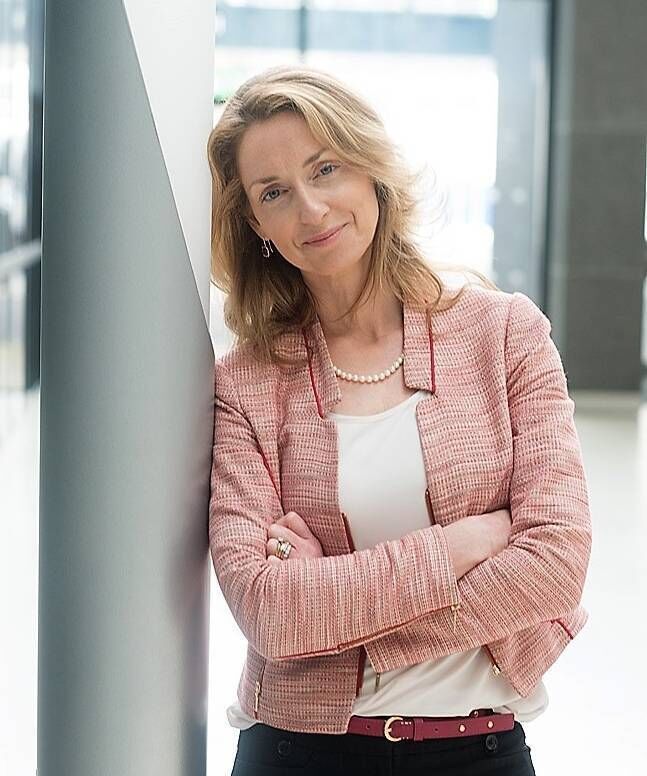From medicine to maritime, we speak to the women who are breaking boundaries

Some of the women breaking boundaries in the professions
With women and girls representing half of the world’s population, gender equality, has been shown to empower women, prompting productivity and economic growth. Women have made incredible progress in breaking down boundaries and leading the way in all levels of science, technology, engineering and mathematics (STEM), yet the gender gap has persisted.











